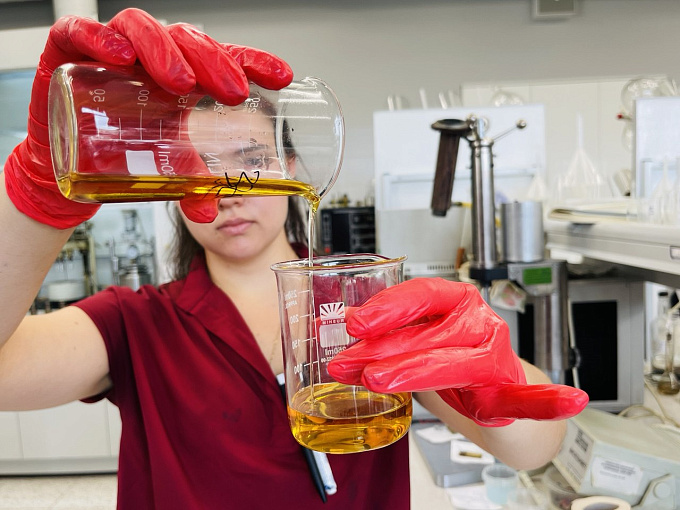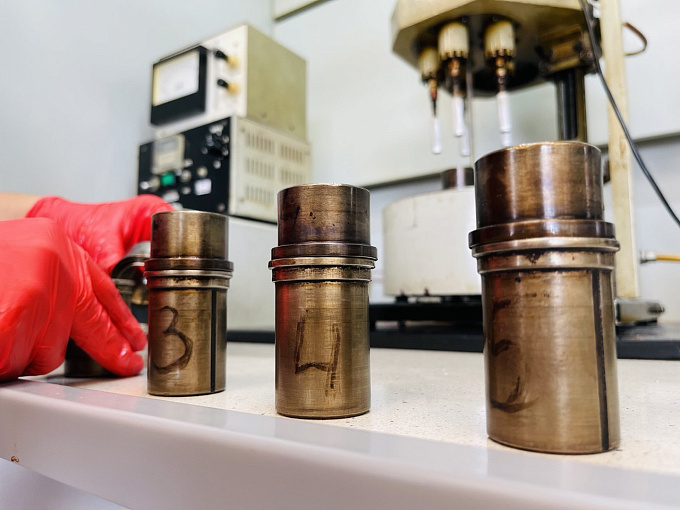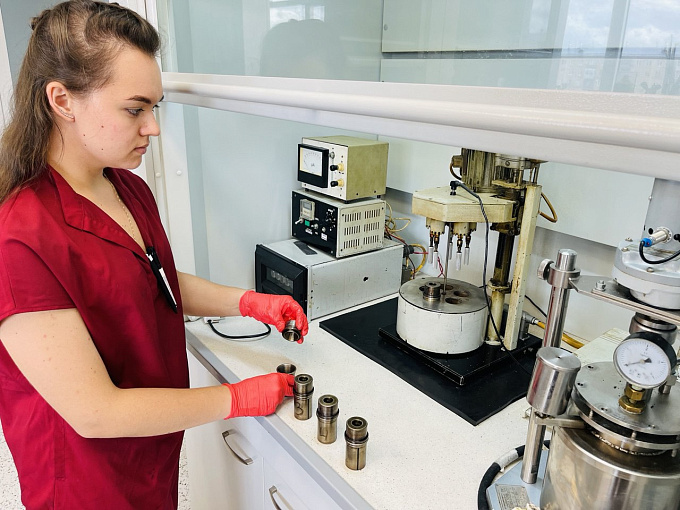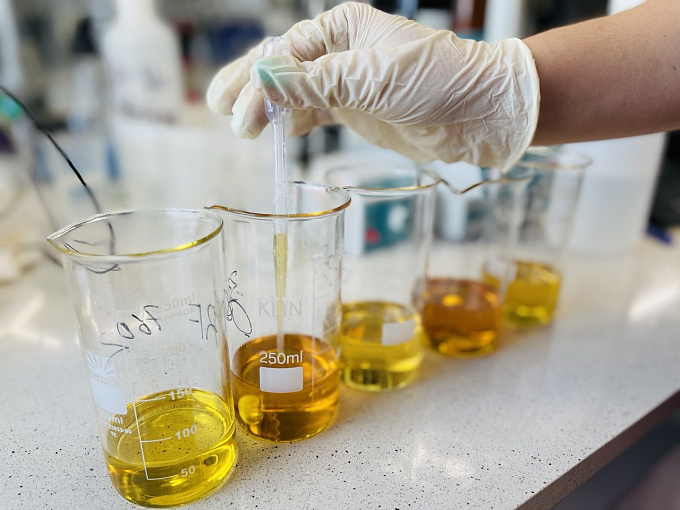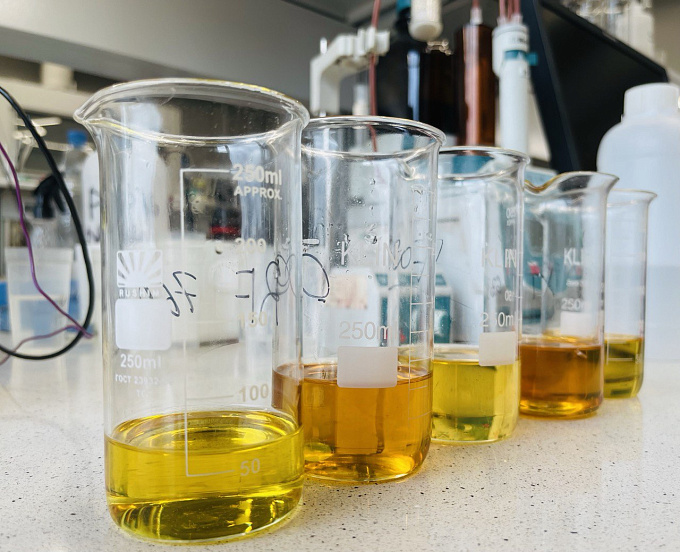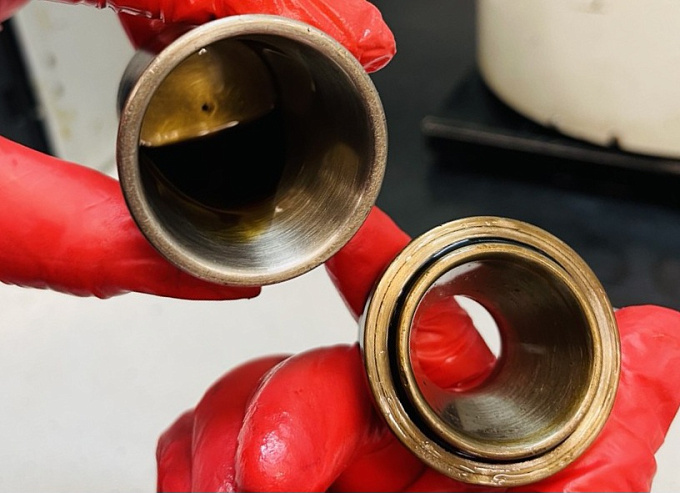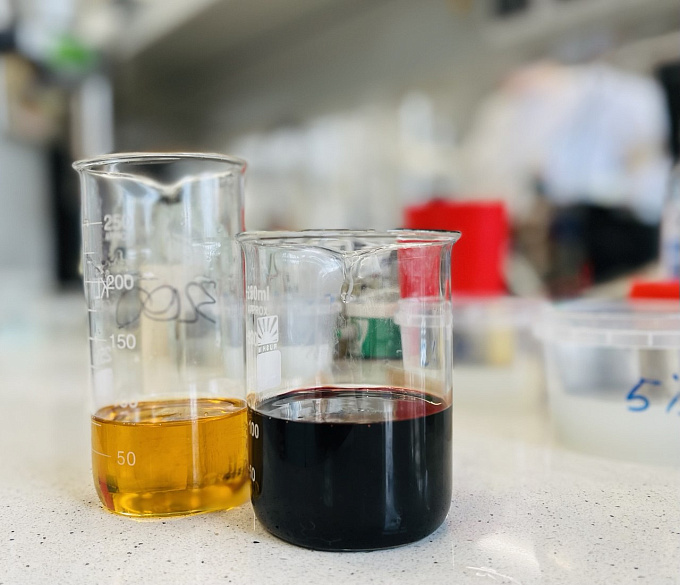The first domestic additives for motor oils have been created
Scientists from the Gubkin Russian State University of Oil and Gas (National Research University) have developed a set of additives for motor oils that will replace similar key additives previously supplied from abroad.
The domestic set has successfully passed resource engine tests in MAN and Cummins diesel engines. The results confirmed that oil samples using it retain their physical and chemical characteristics 2.5-3 times longer compared to European and Chinese analogues. In particular, minor changes in their properties were recorded only after 50 thousand kilometers, while imported oils lose their original characteristics after 20 thousand kilometers.
“Foreign analogues demonstrated an optimal level of properties in the range of 7-15 thousand kilometers. “Thus, the new development allows to increase the service life of motor oil and reduce the cost of vehicle maintenance,” said Anna Peskovets, head of the youth laboratory of modern functional additives for lubricating oils at Gubkin University.
The set developed by the researchers is a combination of additives of various functional purposes in concentrations selected based on the results of laboratory tests.
“Until now, almost 70% of key additives, including detergent-dispersant and anti-wear, are imported, so it is important to ensure the independence of domestic production. In addition, existing imported additives are adapted only to conventional petroleum oils, while polyalphaolefin oils and hydrocracking oils are now often used as a base. Consequently, the new packages require diluents that increase solubility not only in petroleum, but also in synthetic environments,” explained Anna Peskovets.
At the first stage, scientists synthesized some of the additives using already known technologies, but using diluents that had not previously been used in industry to increase solubility in synthetic oils, thermal and colloidal stability. In particular, synthetic-based oil was used, which is a polar compound with high thermal and oxidative stability. Domestic raw materials were used in the synthesis in order to ensure localization of production in Russia in the future.
At the second stage, products were synthesized that slow down high-temperature oxidation of motor oil. Their addition prevents the destruction of long polymer chains of thickening additives, the formation of peroxides and free radicals, which extends the service life of oils.
Pilot batches of the first domestic additive set were submitted to the Association of Automotive Engineers to obtain approval for use in Russia. A number of Russian companies have expressed interest in the development.
In the future, the researchers plan to develop additive sets for transmission and other types of oils.
